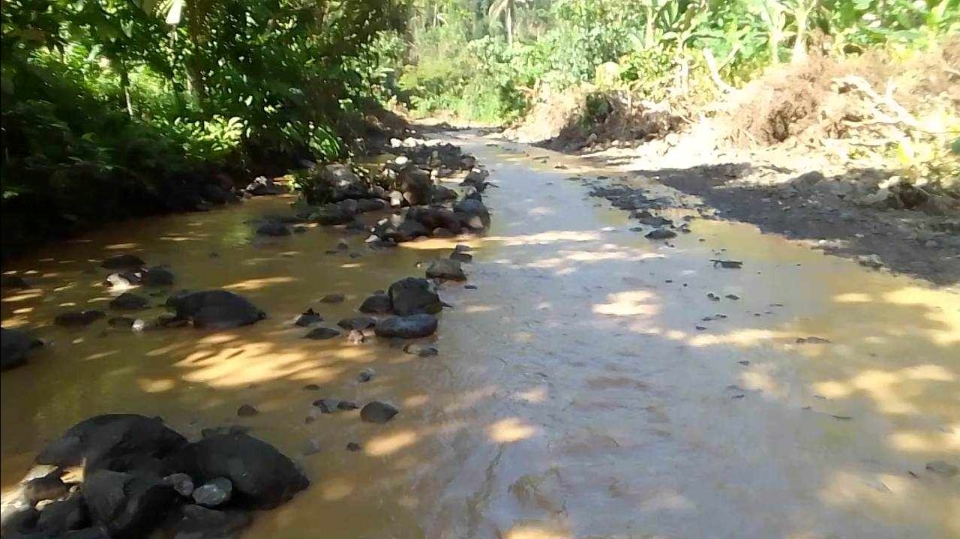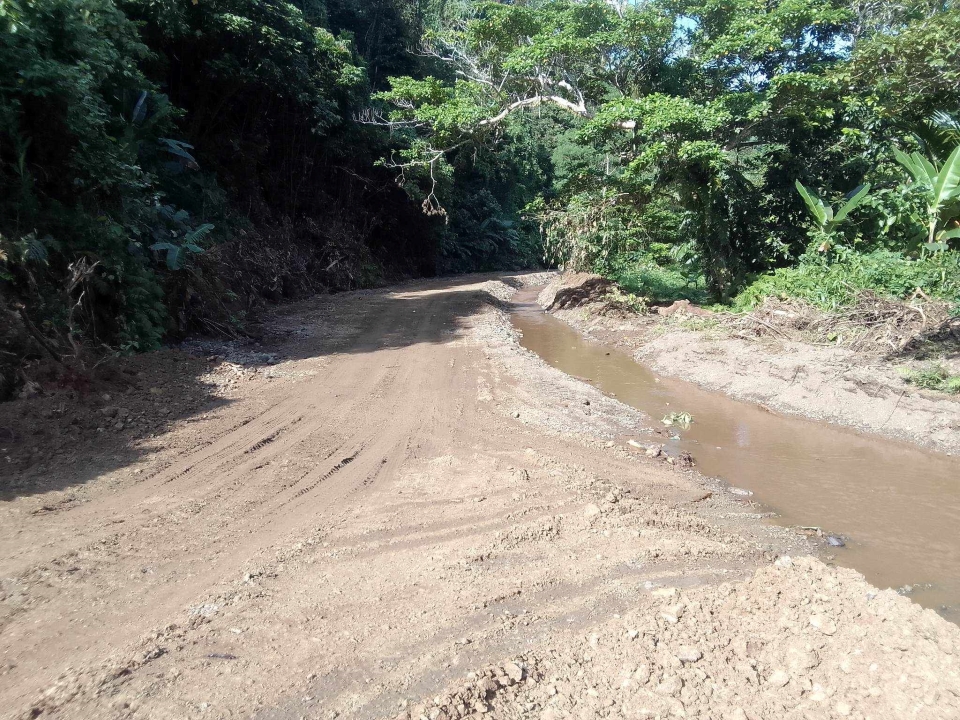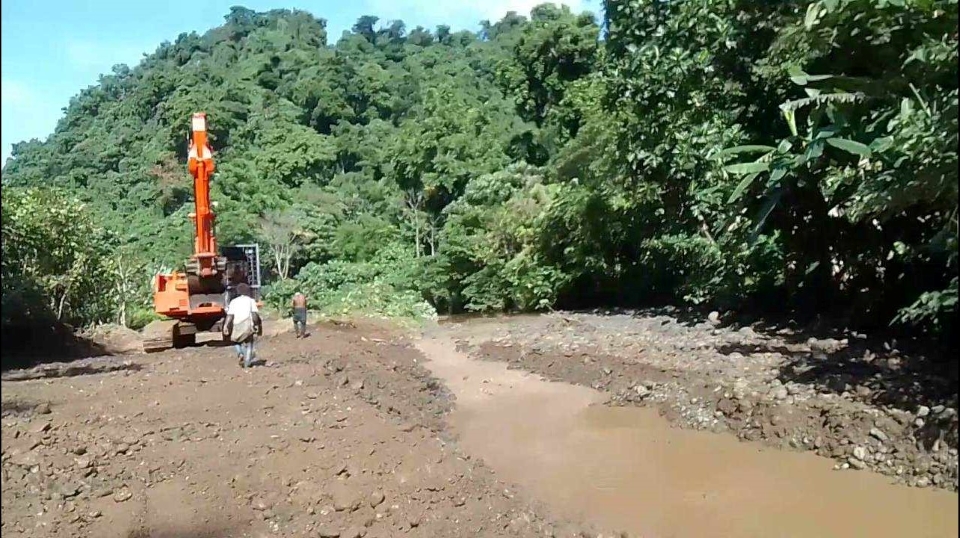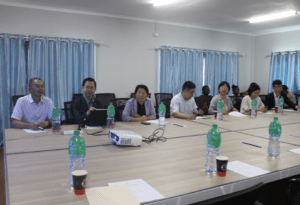BY JOHN HOUANIHAU
THE primary supply of drinking water for thousands of rural households in Makira/Ulawa province’s Arosi One has been contaminated with hazardous wastes and murky turbidity as a result of the continued commercial logging operations on their river upstream.
Mr. Alwin Muse, a senior nursing officer from Maniora Village, informed ENVIRONMENT MEDIA that the commercial logging company’s use of large machinery to build access roads in the region has contaminated the streams, causing soil erosion, muddy banks, and sedimentation of the river.
“The downstream of the river, where residents may access clean water for their daily activities, such as washing, swimming, and cooking, has been contaminated, with the river surface marred by muddy sludge of oil and fuel, as well as dead fish.

“The vulnerable rural population of young people, men, women, and children in this particular region of West Makira continues to suffer greatly as a result of the commercial logging activities, which first began in May of this year, 2023.
“The reality and nature of the operation are far worse than what is expected, posing a threat to the environment and the people’s health. The customary landowners have initially signed an agreement of consent with the logging company to ensure logging codes of practices and guidelines are well managed,” Mr. Muse argued.
Additionally, he said that nothing has been done to fulfill the logging company’s pledge to install taps for our community’s two outdoor water standpipe systems and storage water tanks, and as a result, the rural communities are currently experiencing severe water shortages.

“The demand for water is great due to the expanding rural population in our ward, and there aren’t enough water standpipe outlets,” he stated.
He emphasized that because the affected communities are currently experiencing water scarcity as a result of the following factors: contaminated water sources, drying streams, a lack of water standpipe outlets, and storage water tanks, it has interfered with their regular community activities such as church services, students attending classes, and other things of the sort.
In the meantime, he urged the relevant Provincial and National government authorities to assess the critical situation right now.
Although there were a few officers from the Environment Division of the Makira/Ulawa province government who had already evaluated the problem, he recalled that until today there had been no further action.




